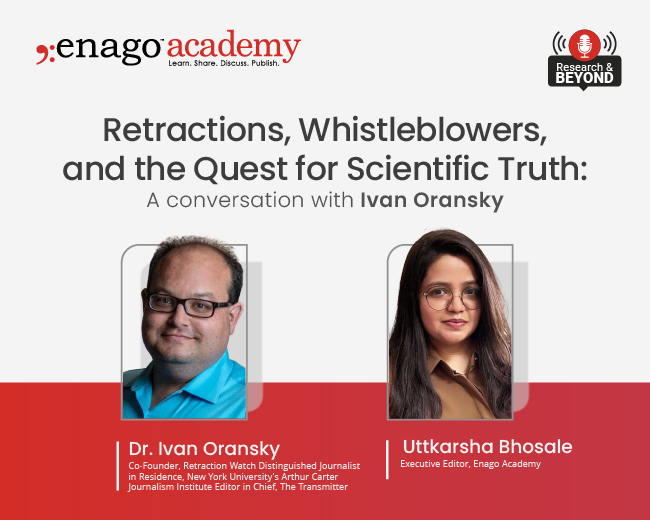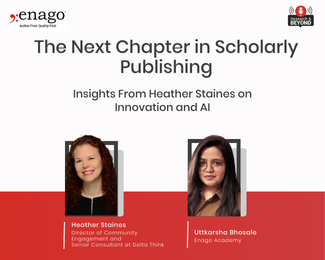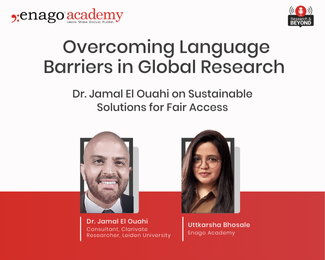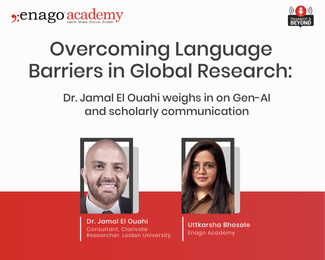By Enago Academy | Speaker: Dr. Ivan Oransky
Research integrity is the backbone of authentic and reliable scientific investigation. The alarming rise in retraction numbers has highlighted the critical need for maintaining high standards. In our podcast, Research and Beyond, join us for a captivating conversation with Ivan Oransky, co-founder of Retraction Watch, as we delve into the world of research integrity and the transformative impact of exposing misconduct.
Key topics explored in the topic:
- Insights into why researchers engage in unethical practices
- Challenges faced by whistle-blowers exposing the misconducts
- The impact of retractions on the scholarly community
- Scientific community’s response to the reported misconducts against them
- Tips for investigators reporting misconduct
This episode will not only inform but also inspire you to uphold the highest standards of integrity in your scientific endeavors. Tune in for the podcast to gain indispensable knowledge with help of unique metaphor for eliminating misconduct and promoting research integrity.




